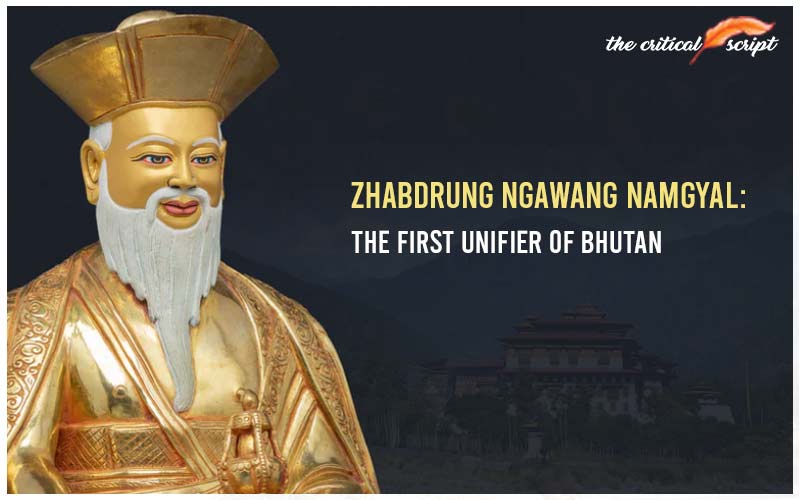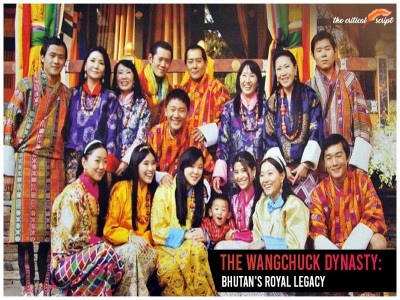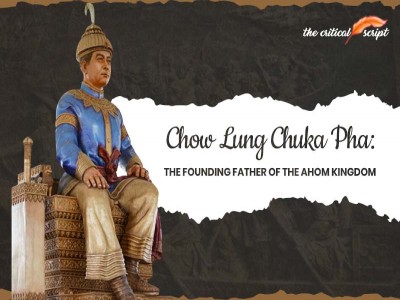
Zhabdrung Ngawang Namgyal: The first Unifier of Bhutan
In the annals of Bhutanese history, one name stands out as a beacon of unity and spiritual leadership: Zhabdrung Ngawang Namgyal. Born in 1594 in Tibet, NgawangNamgyal's journey from a displaced lama to the unifying force of Bhutan is a tale of remarkable vision and resilience. His legacy continues to resonate throughout Bhutan, influencing its spiritual and political landscape even centuries after his death.
Ngawang Namgyal's arrival in Bhutan in 1616 marked the beginning of a transformative era for the region. At that time, Bhutan was fragmented into small warring territories, each ruled by local chieftains. With a profound understanding of both spiritual and temporal authority, Ngawang Namgyal embarked on a mission to unify the country under his leadership. His efforts culminated in the establishment of a unified Bhutanese state, characterized by both political cohesion and religious harmony.
Central to Ngawang Namgyal’s legacy is the establishment of the dual system of governance, known as the "Chhoesi" system. This innovative structure divided power between a religious leader, the Je Khenpo, and a secular ruler, the Druk Desi. This system ensured a balance between spiritual and political authority, laying the groundwork for Bhutan's unique theocratic governance model.
Ngawang Namgyal’s influence extended beyond governance to architecture and cultural heritage. His reign saw the construction of several iconic dzongs, fortified monasteries that served as religious and administrative centers. The Punakha Dzong, Paro Dzong, and WangduePhodrangDzong stand as enduring symbols of Bhutan’s architectural and cultural heritage, embodying the strength and stability that Ngawang Namgyal sought to impart.
Despite facing significant opposition, including military threats from Tibetan rivals, Ngawang Namgyal's leadership was marked by resilience and strategic acumen. His successful defense against the Tibetan Tsangpa ruler in 1639 secured his position and solidified his control over Bhutan. These victories not only safeguarded Bhutan’s sovereignty but also reinforced his status as a national protector.
Ngawang Namgyal's spiritual impact was equally profound. His promotion of the Drukpa Kagyu tradition, a school of Tibetan Buddhism, helped shape Bhutan’s religious identity. This tradition continues to be a cornerstone of Bhutanese spirituality, reflecting NgawangNamgyal’s deep commitment to fostering a cohesive and vibrant cultural heritage.
Even after his death in 1651, Zhabdrung Ngawang Namgyal's influence endured. His passing was kept secret to maintain political stability, allowing his government to continue functioning in his name. This practice underscored his profound impact on Bhutanese society, demonstrating the depth of his legacy.
Today, Zhabdrung Ngawang Namgyal is celebrated as the founding father of modern Bhutan. His vision and leadership not only unified a fragmented land but also established a spiritual and political framework that continues to guide Bhutan. As Bhutanese people honor his memory, they reflect on his remarkable contributions to their nation’s identity and enduring heritage.
Disclaimer: The opinions expressed in this article are those of the author's. They do not purport to reflect the opinions or views of The Critical Script or its editor.

Newsletter!!!
Subscribe to our weekly Newsletter and stay tuned.

















Related Comments